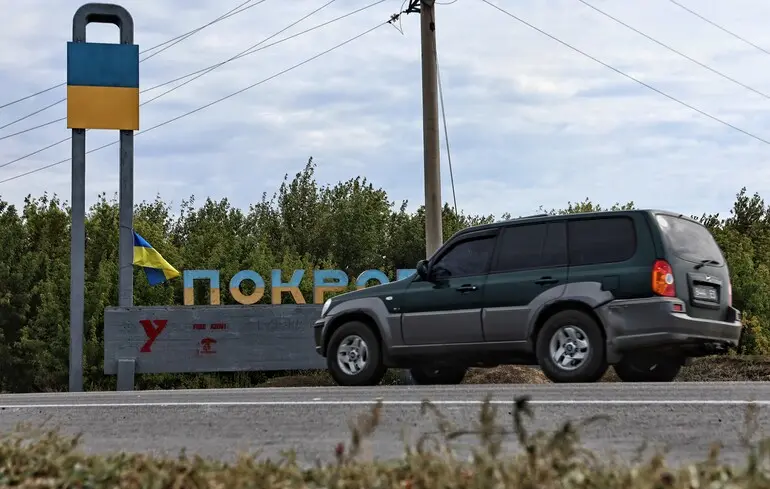Russian Forces in Donbas Reach Twice the Pre-War Population of Pokrovsk: New Data from OSUV ‘Dnipro’

In the temporarily occupied part of Donbas, particularly around Pokrovsk, the scale of Russian military presence continues to grow, posing an imminent security threat to local residents.
According to the operational-strategic group of troops ‘Dnipro,’ the Russian military deployment in this sector now exceeds twice the pre-war population of the city.
Currently, over 110,000 Russian soldiers are concentrated in this area, an astonishing number for a relatively small settlement.
This indicates a significant escalation in aggression efforts and control ambitions over strategically vital territories.
Viktor Tregubov, spokesperson for OSUV ‘Dnipro,’ emphasizes that the scale of the Russian forces cannot be even fully comprehended — it is essentially an army capable of invading a typical European nation.
Additionally, activity on the Kherson region’s liman direction has intensified, with daily clashes increasing from about 10 to 30, complicating the defensive situation for Ukraine.
The most tense situation persists near the Serebryansk forestry, where Russians attempt advances even through devastated territories.
Ukrainian defense forces are holding their ground, repelling continuous attacks.
Furthermore, Tregubov reports that Russian occupiers are still trying to break through from the Novopavlivka sector towards Dnipropetrovsk region.
Ukrainian forces mainly focus on defensive actions, pushing back the enemy and preventing them from consolidating positions.
Often, Russian overconfidence backfires—such as in the Dobropilsk direction, where they advanced further than planned and faced devastating counterfire.
The overall situation remains difficult, with Ukrainian troops on high alert to protect national sovereignty and ensure regional security.
Ongoing hostilities have caused a humanitarian crisis, with more than 200,000 residents of Dnipropetrovsk and Donetsk regions urgently needing evacuation and assistance, highlighting the pressing need for humanitarian aid in these challenging times.

